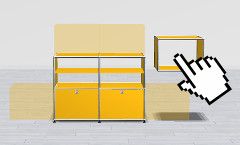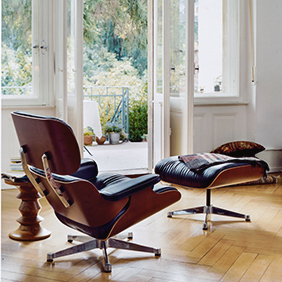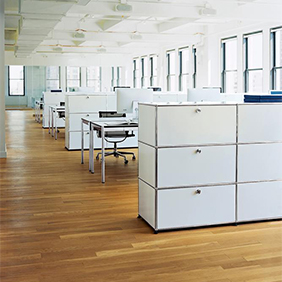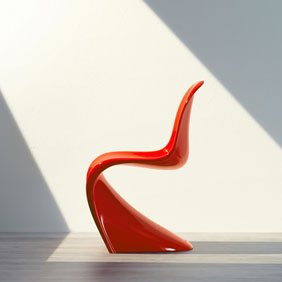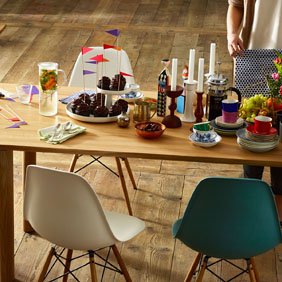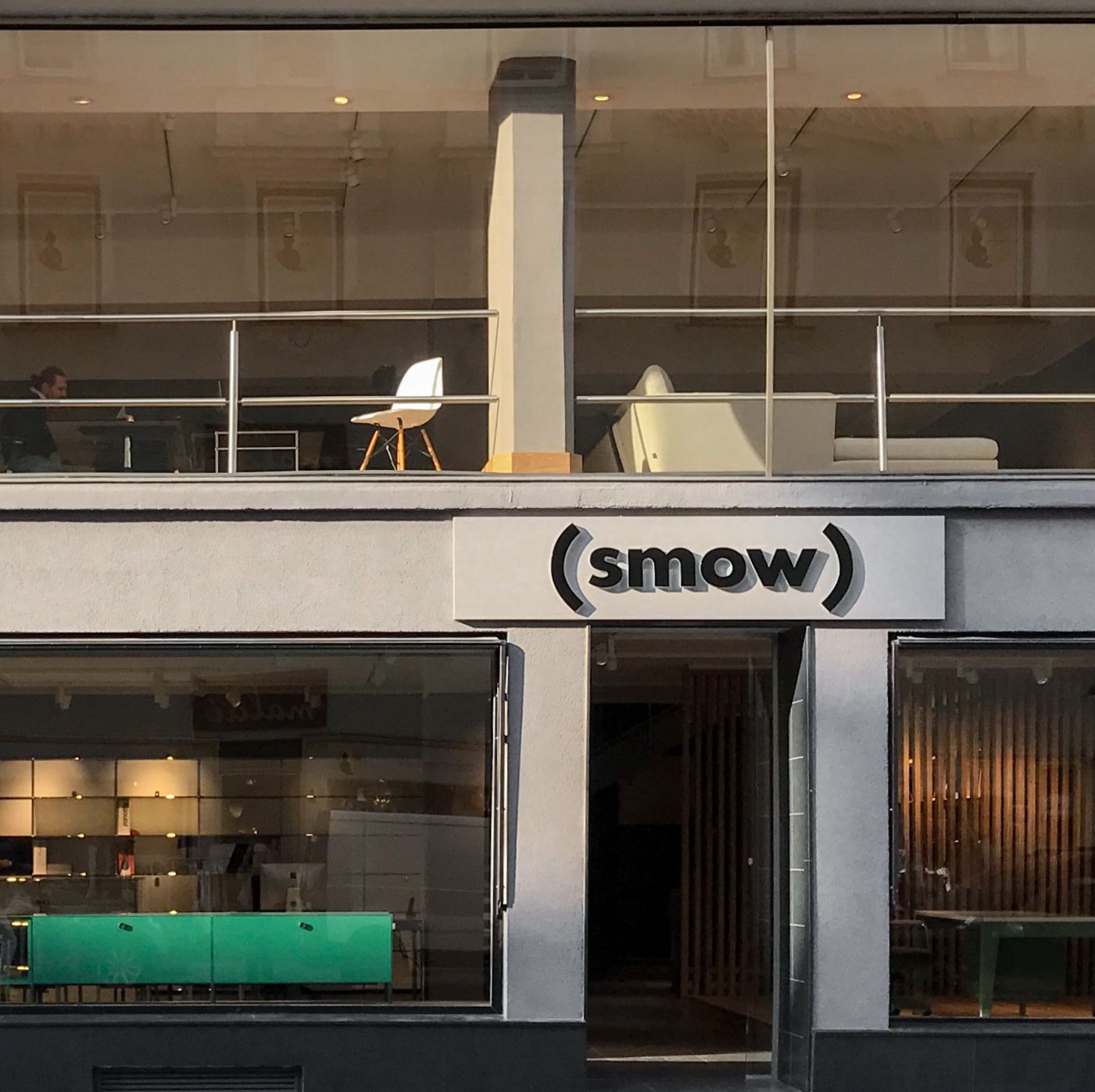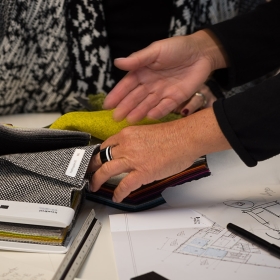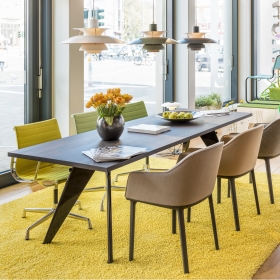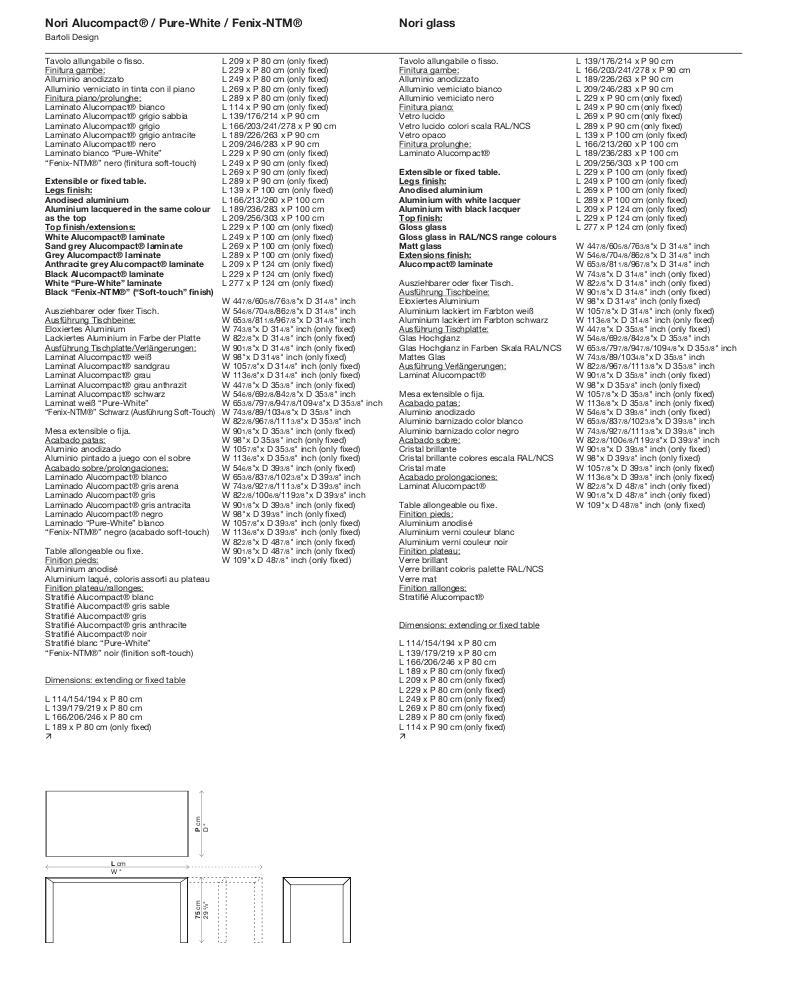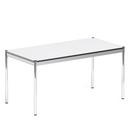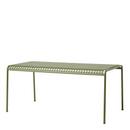Nori dining table, Laminate sand grey, L 166-260 x W 100 cm, Anodised Aluminium
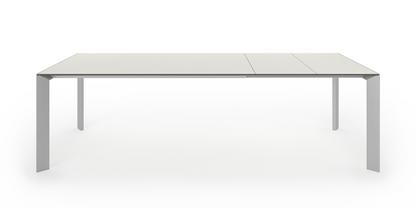
has been added to your wishlist.
Details
FAQ
What quality control is the Nori dining table subject to?
Each table which leaves the Kristalia plant is fully inspected before shipment. Then dismantled, checked again carefully, packaged and dispatched.
What does the Alucompact used for the Nori dining table look like?
The surface of the Alucompact table top shimmers slightly metallic. The table top is composed of layers of laminate and aluminium.
Are there any further variations of the Nori dining table available?
Kristalia offer the thin table top in five materials: laminate Alucompact® (which on account of the internal aluminium layers is particularly resistant), laminate Pure-White (with plate and profiles all in white), Fenix-NTM® Black (with a particularly matt, fingerprint resistance pattern ,and silky soft surface), honeycomb (aluminium honeycomb structure with natural oak veneer, wenge or grey) and glass with a glossy or matt lacquered underside.
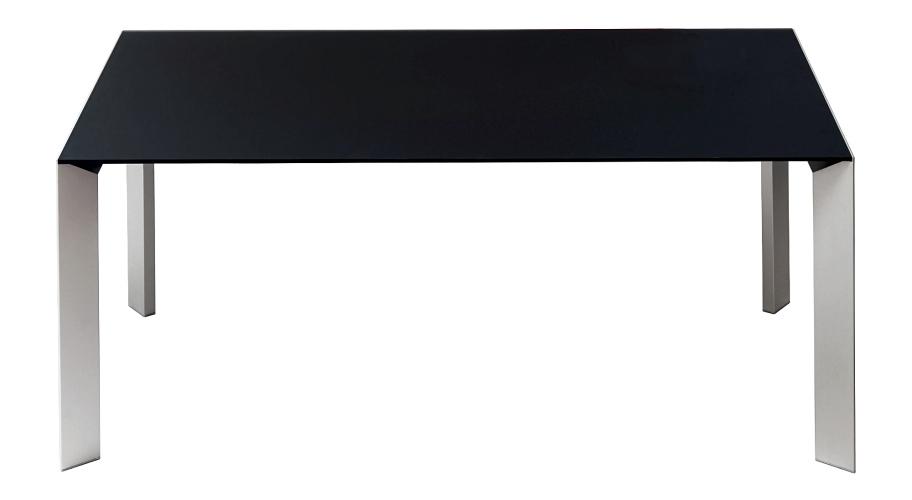
The Design
Faithful to the traditions of Italian design Kristalia, and their table Nori, combine technical innovation with minimalist, strict style. Based on an original cardboard prototype since 2008 Kristalia have produced the Nori table from Bartoli Design with a wafer-thin alucompact table top and aluminium legs. The reduced structure from the Nori dining table is underscored by an sharp profile combined with a thin table top; a table top which is very light but also very strong and durable thanks to a special laminate. And which provides enough space for an extension system which can be easily and quietly activated. In addition the Nori table top is protected against stains and scratches and is available in different colours and in combination with either white painted or anodized aluminium legs.
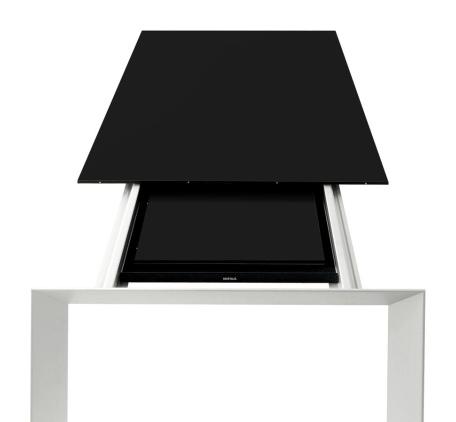
The Extension mechanism of Kristalia's Nori table.
Designer
Carlo Bartoli began his active career as an architect and designer in the 1960s, and since 2007 has traded under the name Bartoli Design in collaboration with his daughter Anna, and his son Paolo. For Kristalia Bartoli Design have created, in addition to the Nori dining table, numerous objects including the 2002 Sushi dining table and the 2010 Joko chair. Carlo Bartoli work has been displayed and premièred at exhibitions around the world and two of his chair designs were accepted into the permanent collection of the MoMA in New York and in the collection of the Centre Pompadour in Paris. The designs created as Bartoli Design have seen the trio awarded numerous prizes. In addition to his work with Bartoli Design Paolo Bartoli also teaches at the Faculty of Design at the Milan Polytechnic.
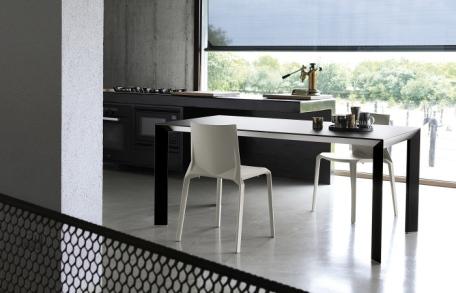
The Kristalia table Nori
Production
The Kristalia Nori table is produced with legs in anodized or painted aluminium and tops in alucompact, a composite of aluminium and laminate. It is available in four sizes and a range of different colours. In the manufacturing process, the Italian furniture manufacturer Kristalia maintains strict international quality standards as regards environmental regulations; and insists that all suppliers follow suit. Thus, in the production process renewable and recyclable materials are primarily used. Specifically, the aluminium of the Nori table can be recycled several times, yet remains tough and easy. As only high quality materials are used in the manufacture, the dining table Nori has a very long life - purchasing a Nori table saving the necessity to buy another table and thus helping preserve raw materials and energy..


One of the talents behind Bartoli Design: Carlo Bartoli.
Manufacturer
Kristalia was established in 1994 by young entrepreneurs looking to develop quality furniture in the finest traditions Italian design. Since then Kristalia, with its high-quality, sophisticated and aesthetically sophisticated furniture, has found a niche amongst both a young design enthusiasts and more demanding, older and commercial customers. In the realisation of the designs Kristalia concentrated from the very outset on experimental approaches and the search for unconventional technical solutions and materials; including ideas from fashion, sports and the automotive industries. For example, Kristalia uses a flocculation technique that is usually applied to the surfaces in the car industry to create more resilient surfaces. Kristalia have developed furniture in cooperation with a varied roster of renowned, often young, international designers. (smow), offers, in addition to the Kristalia Nori table, for example, the table Sushi from Bartoli Design or the Degree Stool by designer Patrick Noguet.

